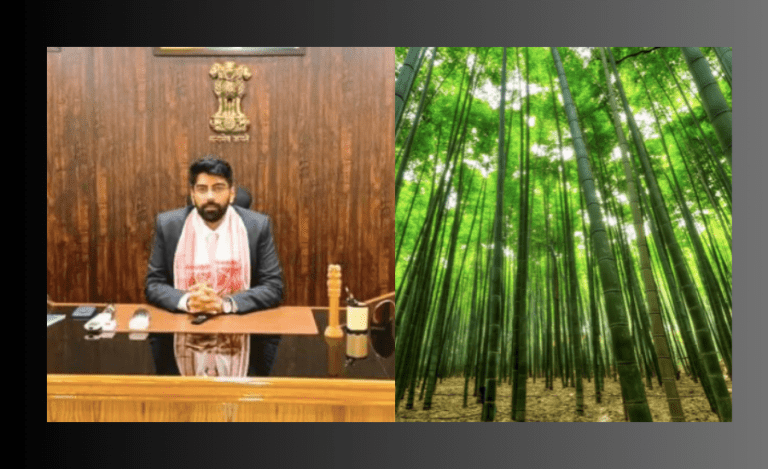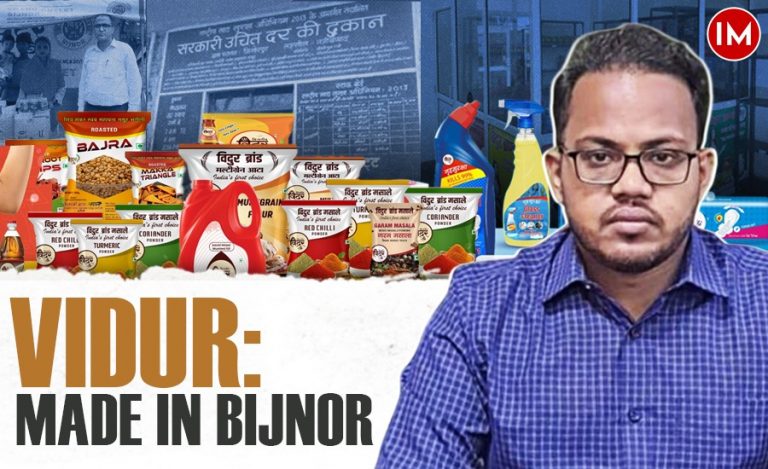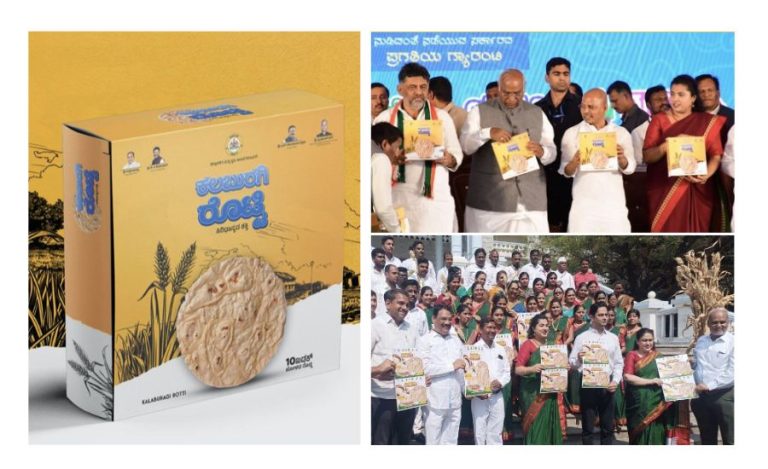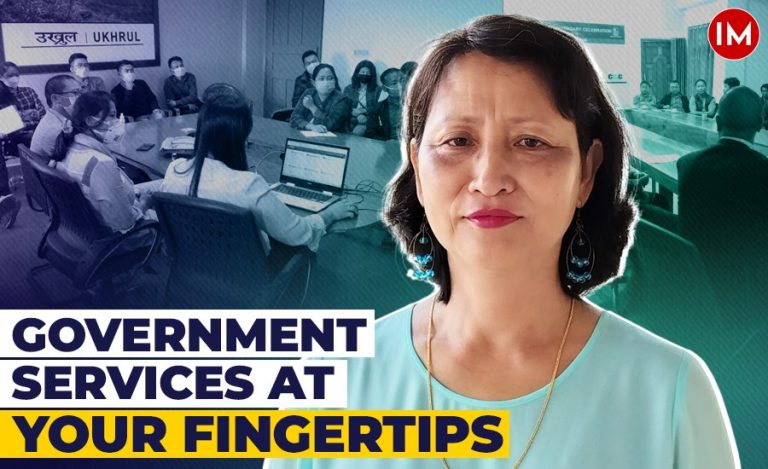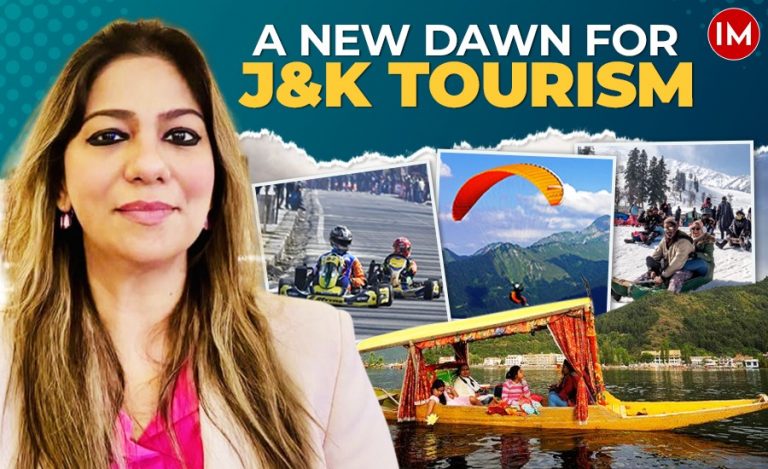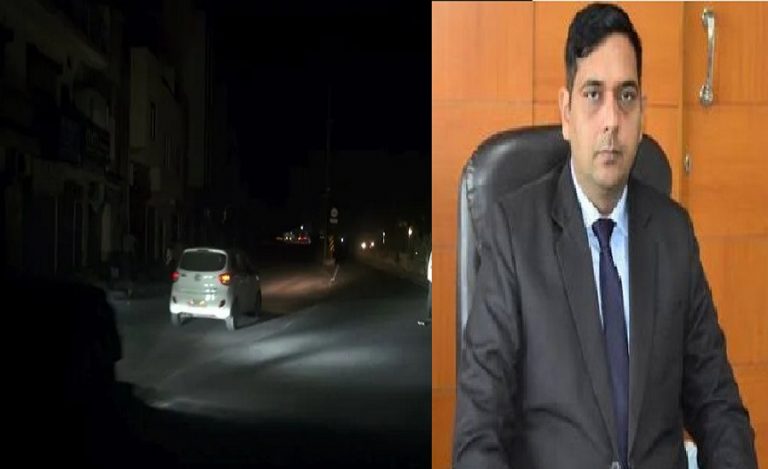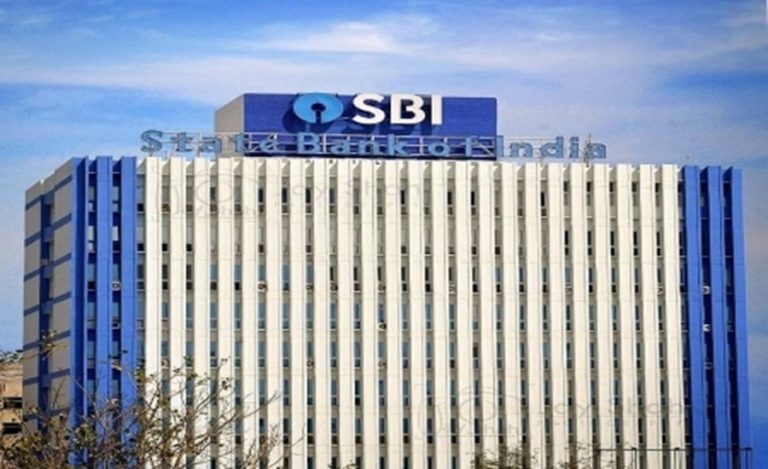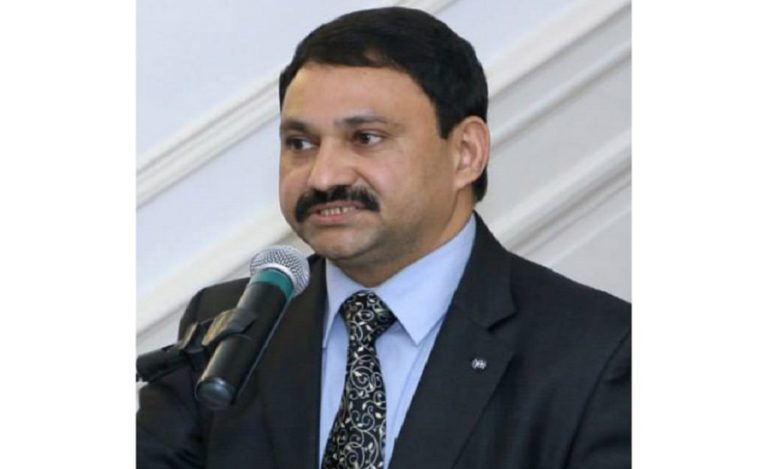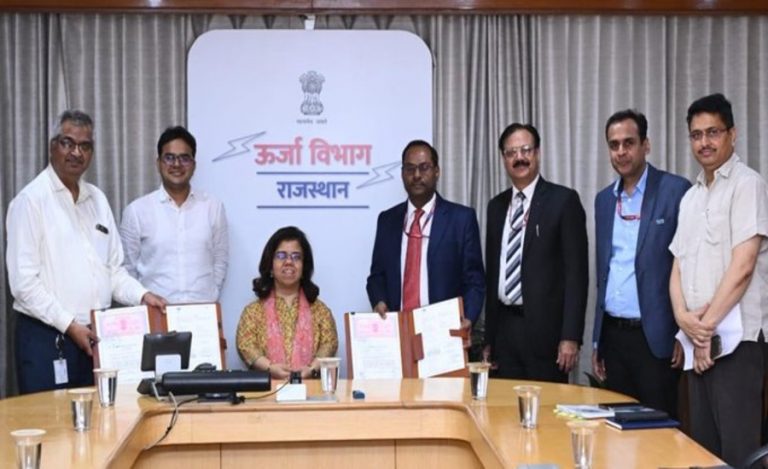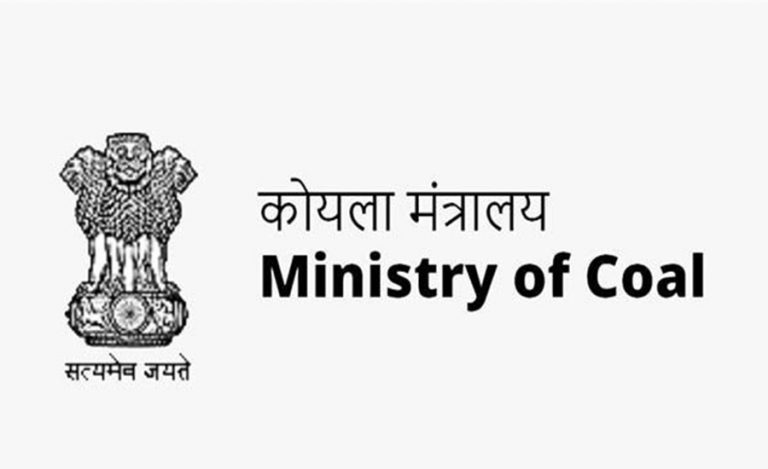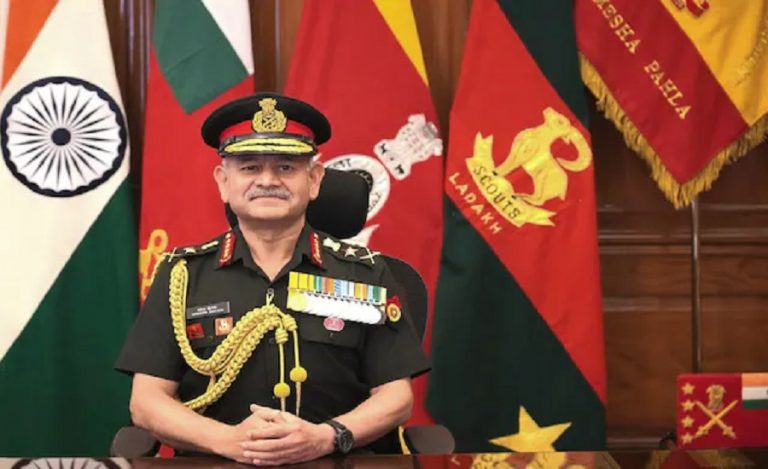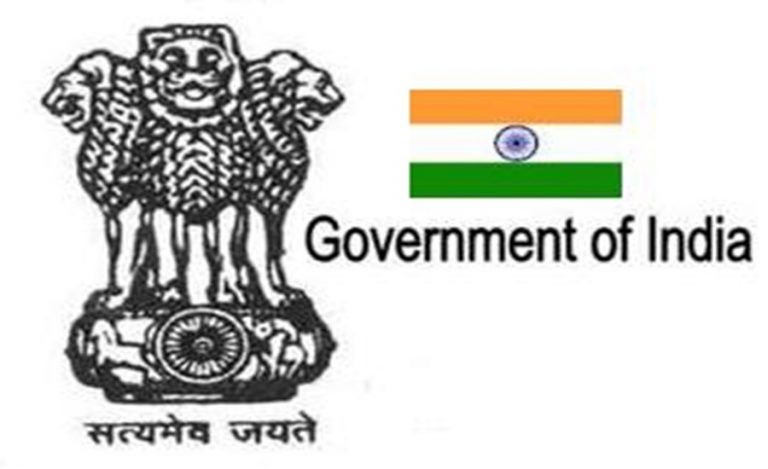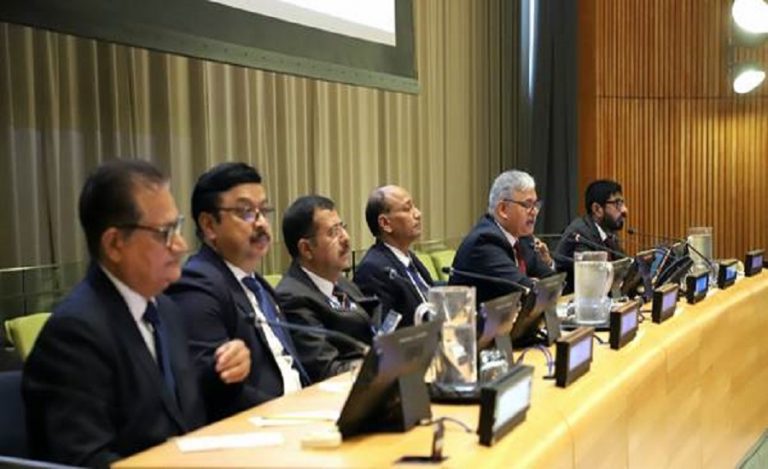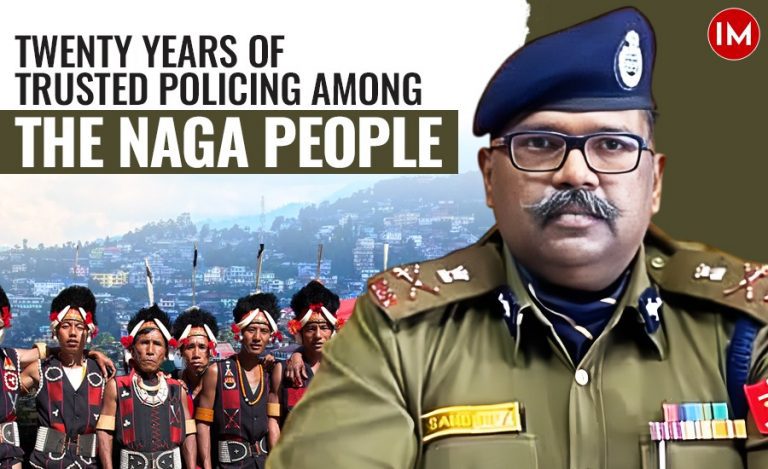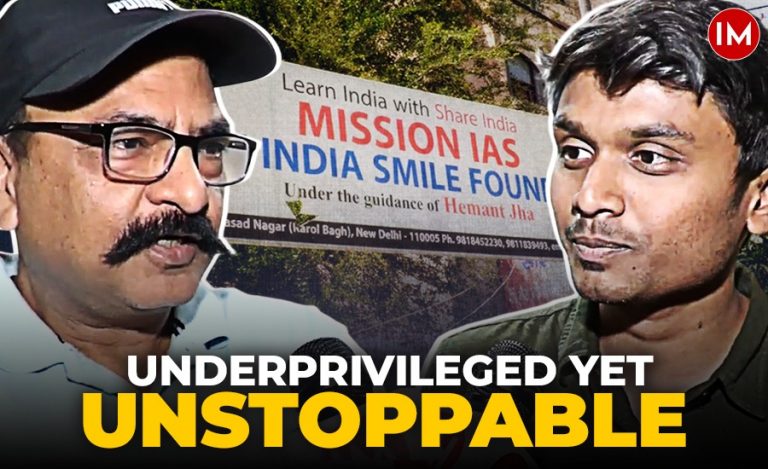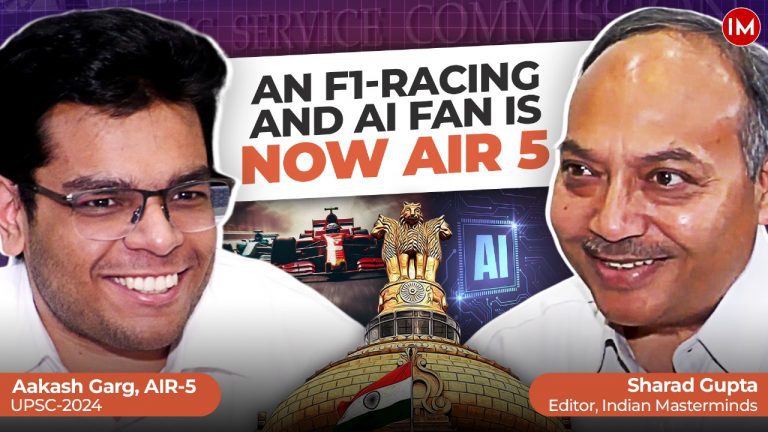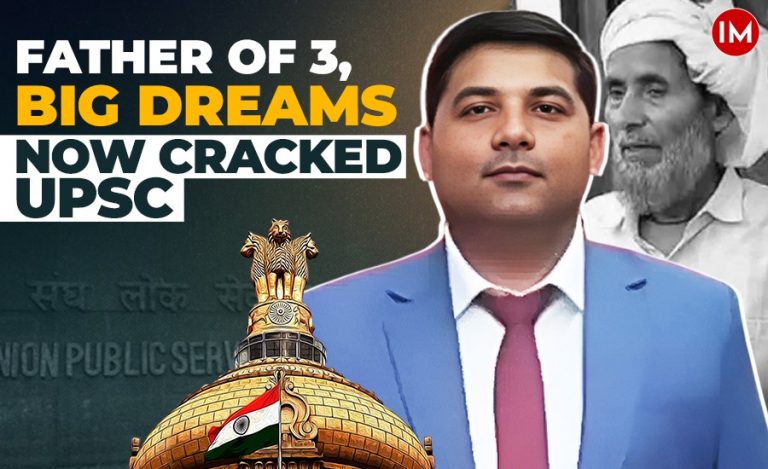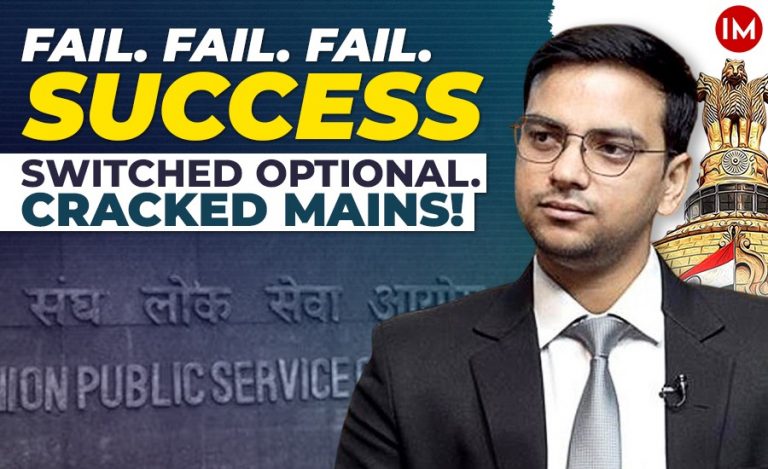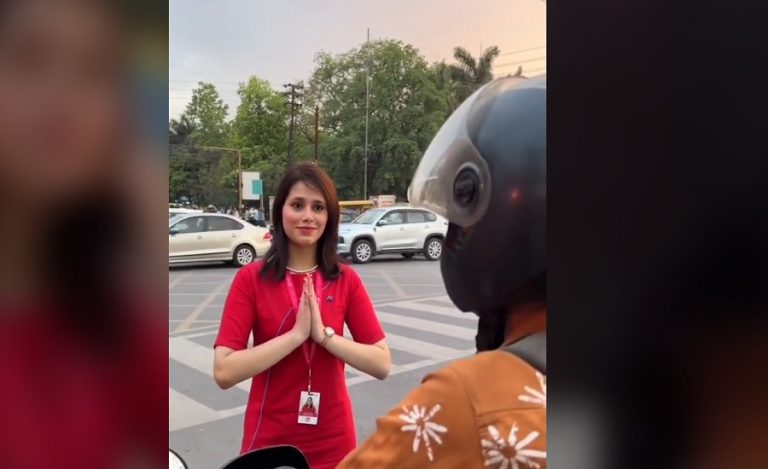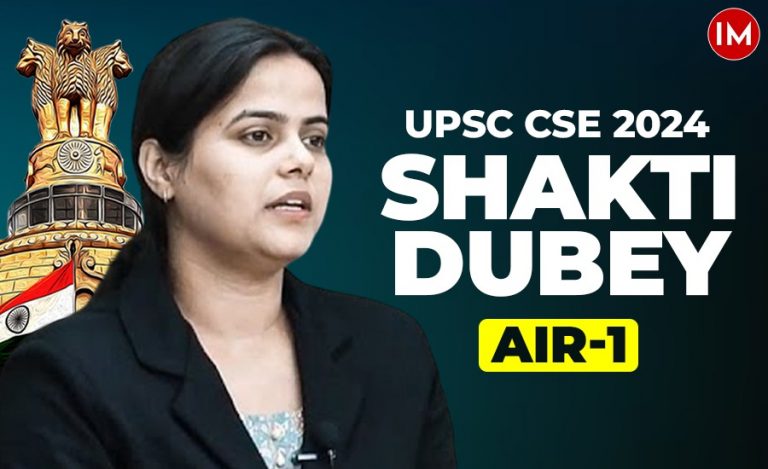Mahatma Gandhi once said, ‘A Nation’s greatness is measure by how it treats its weakest members’. In today’s context, it means any Government scheme or program can’t be considered successful if it fails to benefit the last man standing. Inspired by this thought of Mahatma, the 1997 batch officer Dr. Hari Om initiated a practice to visit the poorest person in a village and ask if he is getting all the benefits or not.
Dr Om, who is also a noted ghazal singer and a poet, shares his experiences with Indian Masterminds. He is currently posted as Secretary, General Administration Department in Uttar Pradesh government.
The Collector of 11 district
Dr. Om is one of those rare officers who, during his extensive tenure, got the chance to head 11 districts as the Collector. Sharing his experiences, he said, “I believe that as an IAS officer, one can get the most satisfying experience as the Collector only. This job gives an opportunity to take the decisions then & there, which can impact lives of many, be they individuals, families or even a full village. Since I was part of 11 districts, at various times, I got many chances to bring smile & joy on the faces of hundreds of people. From peacefully conducting elections to organizing relief works, I was part of many campaigns and initiatives”.
The poorest should benefit
During his tenure as the Collector of Gorakhpur, Uttar Pradesh between 2005-07, Dr. Om did a unique experiment, inspired by the teachings of Gandhi. He came up with an initiative called ‘Daridra Narayan Vikas Jyoti’. Mentioning about it he said, “It is the responsibility of every Collector to check the status of every scheme and its impact in his area. Basically, the field visits are very important. This helps to understand if the schools in your district are functioning properly or not, what is the condition of roads and other basic necessities. To go one step ahead, we came up with our intervention”.
Under this, Dr. Om and other officers in his team would visit a village once in a month. They then would meet the `panchayat’ members or `pradhan’ and ask them about the poorest person in their area. After this they would meet that person and ask him about how much they have benefitted from the government schemes. They would also be quizzed about the programs about which they knew very little or nothing at all. they are not even aware about.
“In most of the cases,’’ said Dr. Om, “that person would be deprived of almost all the benefits of the Government schemes and campaigns. We would question the `village pradhan’ for this. I am really happy to share that this simple thing had a great impact in my district, as this made the pradhan accountable for his failures. With this step not only that one single person but all the others needy people too got benefitted. Mr. Om believe that there should be a report card to check the performance of administration



